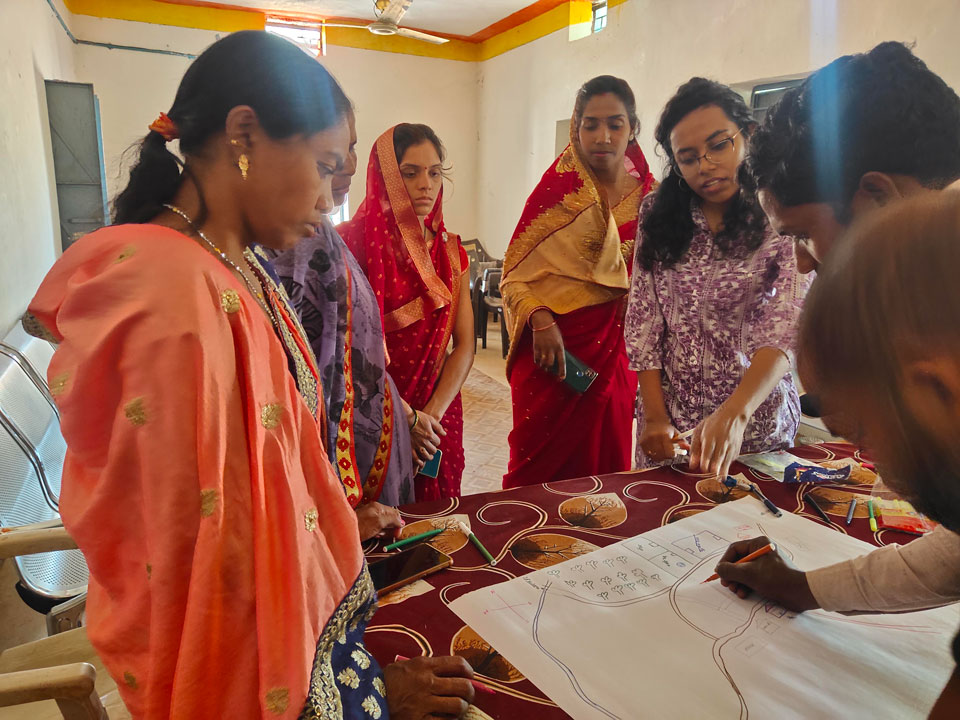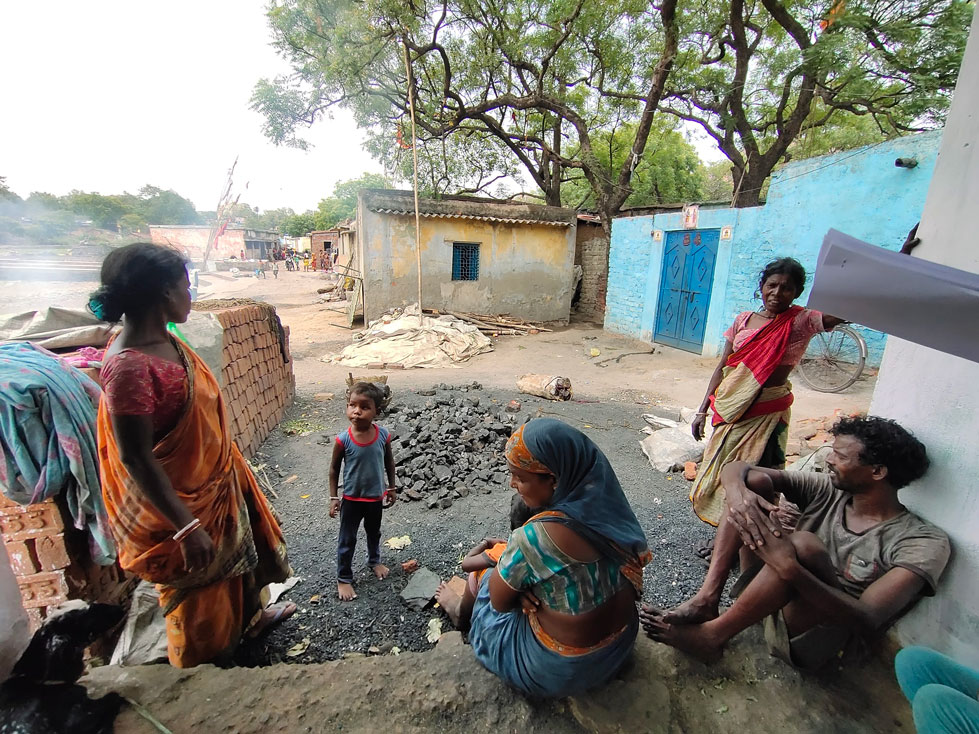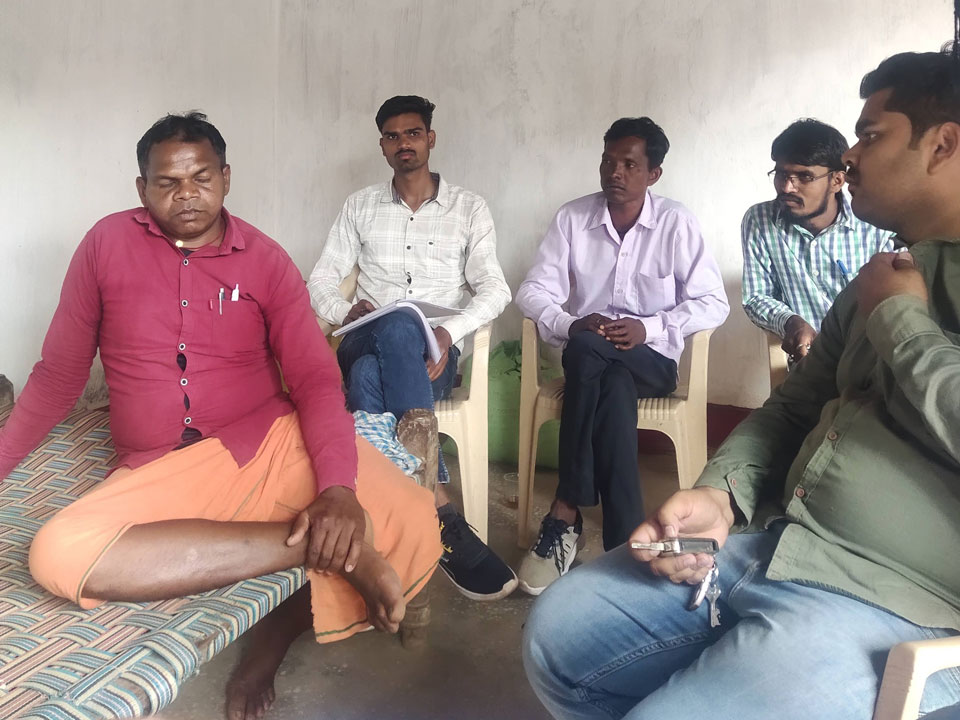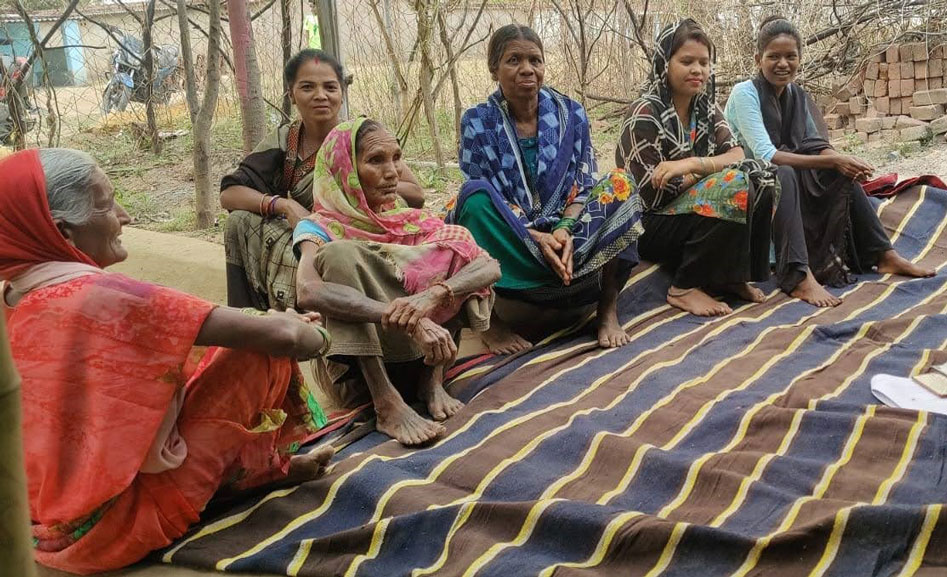Local NGO perspective
By Dr Jayanta Mitra, Senior Fellow TERI ![]()
![]()

0 Comments
The thought of transition drives one to think of the immediate impact on life and livelihood, local economy, businesses, and the possibilities ahead. Coal phase-out will hit the local people and the labour force hard as they are excessively dependent on coal. Hence, detailed PRA (participatory rural appraisal) and micro-level livelihood planning are essential. A skill centre needs to be established or convert certain industrial facilities into training hubs that local people can access and gain from it. Advocacy with State and industry is crucial.
Agriculture and agri-allied activities, adoption of high-value agricultural practice, organic vegetable hub promotion with market linkage (through a tie-up with NABARD), aggregation centre and end to end solution (seeds to market), etc. would be the proposed action points to minimize potential risks in the wake of coal phase-out. This would address food security challenges and check distressed migration.
Youth entrepreneurship (market assessment, generating micro-enterprise ideas, input supply, value addition, market negotiation) promotion is the key towards promoting a vibrant local economy.
Jharkhand is known for its abundant forest land and forest produce. Technology should be leveraged meaningfully to generate business. For instance, the installation of an oil expeller (could be solar operated) can help market oil from locally available oil seeds and achieve a scale that can engage local poor and tribal communities who are dependent on the forest. Along with this, mobilization of farmers collectives, formation, and strengthening of FPOs, institutional linkages, digital solutions, multi-stakeholder coalition (GO-NGO-CSR-Technical/Research institute) for effective advisory, disease control, market negotiation, etc. Further, existing local or artisanal knowledge and skills need to be mapped and marketed around that may be created for gainful engagement of the local populace.
Systematic documentation of the existing and perceived challenges in the context of coal transition and open multi-stakeholder dialogue on the theme may enable in comprehending the complexity and map opportunities and possible action points.





